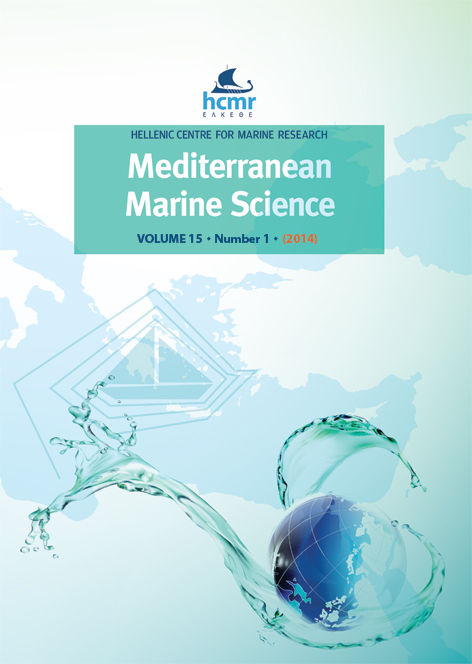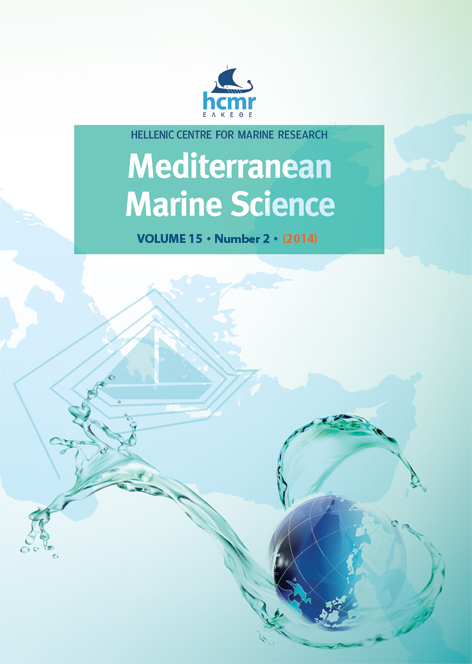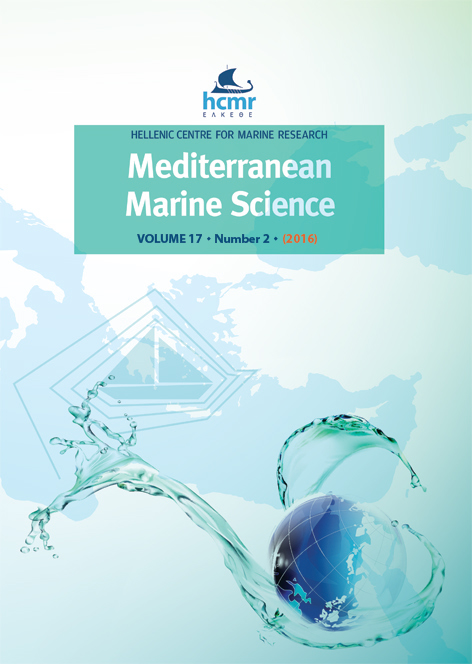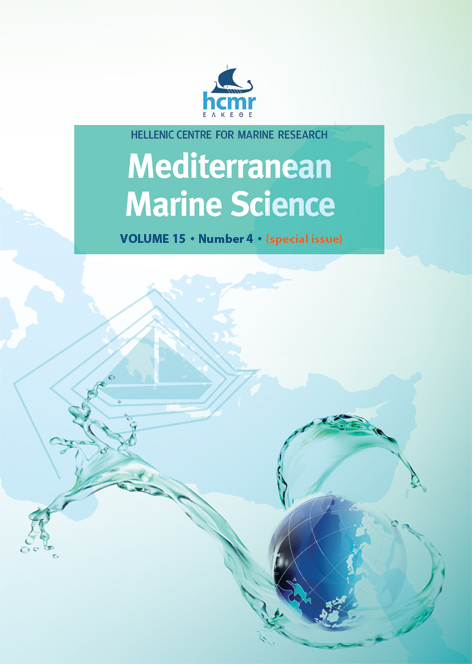Variability in reproductive traits in the sex-changing fish, Coris julis, in the Mediterranean
Abstract
The quantity and quality of propagules, i.e., reproductive output, play a key role in the dynamics of exploited populations, with particular implications for sex-changing fish. Here, we studied for the first time the effects of maternal traits on the reproductive output of the Mediterranean rainbow wrasse Coris julis, a sequential hermaphroditic fish widely distributed in temperate marine coastal regions. The quantity of the reproductive output (batch fecundity) was significantly related to maternal size, which is of special interest in a species submitted to size-selective harvesting (recreational angling). However, egg quality (egg size) was not significantly related to any maternal factor and the spawning fraction was related to a seasonal pattern only. These results should contribute to improving estimations of the annual reproductive output and the stock assessment of this species and some implications for management are discussed.
Article Details
- Zitationsvorschlag
-
ALONSO-FERNANDEZ, A., ALOS, J., & PALMER, M. (2013). Variability in reproductive traits in the sex-changing fish, Coris julis, in the Mediterranean. Mediterranean Marine Science, 15(1), 106–114. https://doi.org/10.12681/mms.455
- Ausgabe
- Bd. 15 Nr. 1 (2014)
- Rubrik
- Research Article
Authors who publish with this journal agree to the following terms:
- Authors retain copyright and grant the journal right of first publication with the work simultaneously licensed under a Creative Commons Attribution Non-Commercial License that allows others to share the work with an acknowledgement of the work's authorship and initial publication in this journal.
- Authors are able to enter into separate, additional contractual arrangements for the non-exclusive distribution of the journal's published version of the work (e.g. post it to an institutional repository or publish it in a book), with an acknowledgement of its initial publication in this journal.
- Authors are permitted and encouraged to post their work online (preferably in institutional repositories or on their website) prior to and during the submission process, as it can lead to productive exchanges, as well as earlier and greater citation of published work (See The Effect of Open Access).








